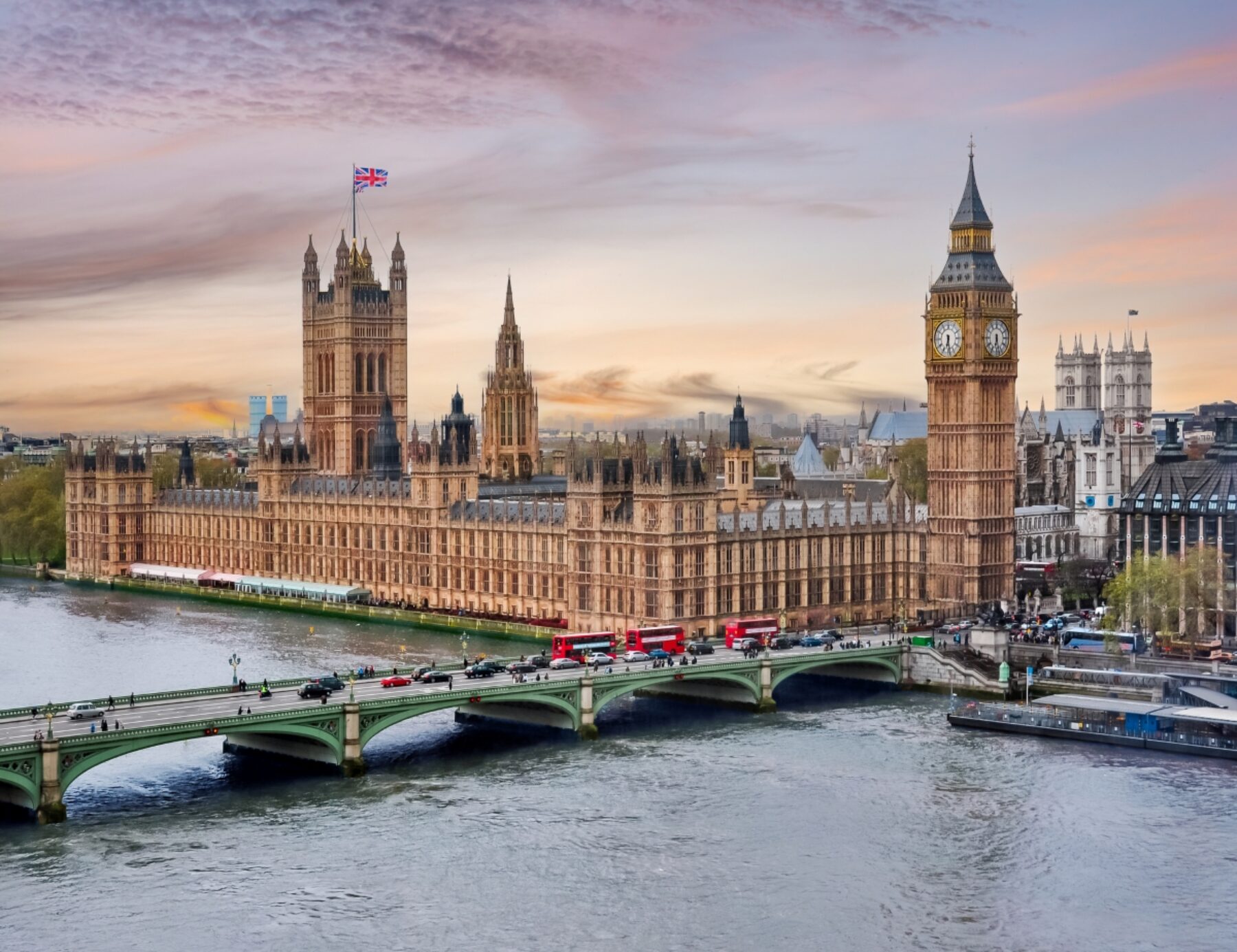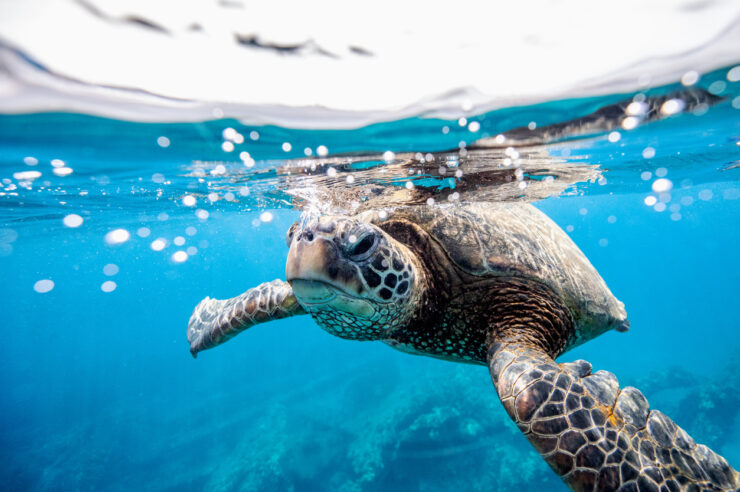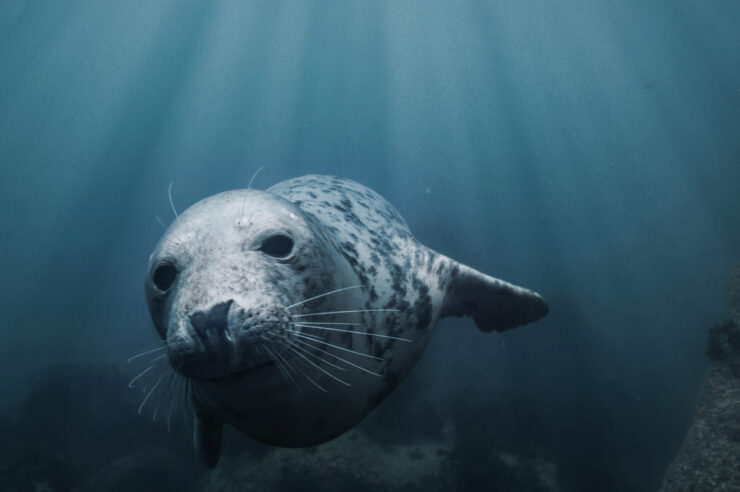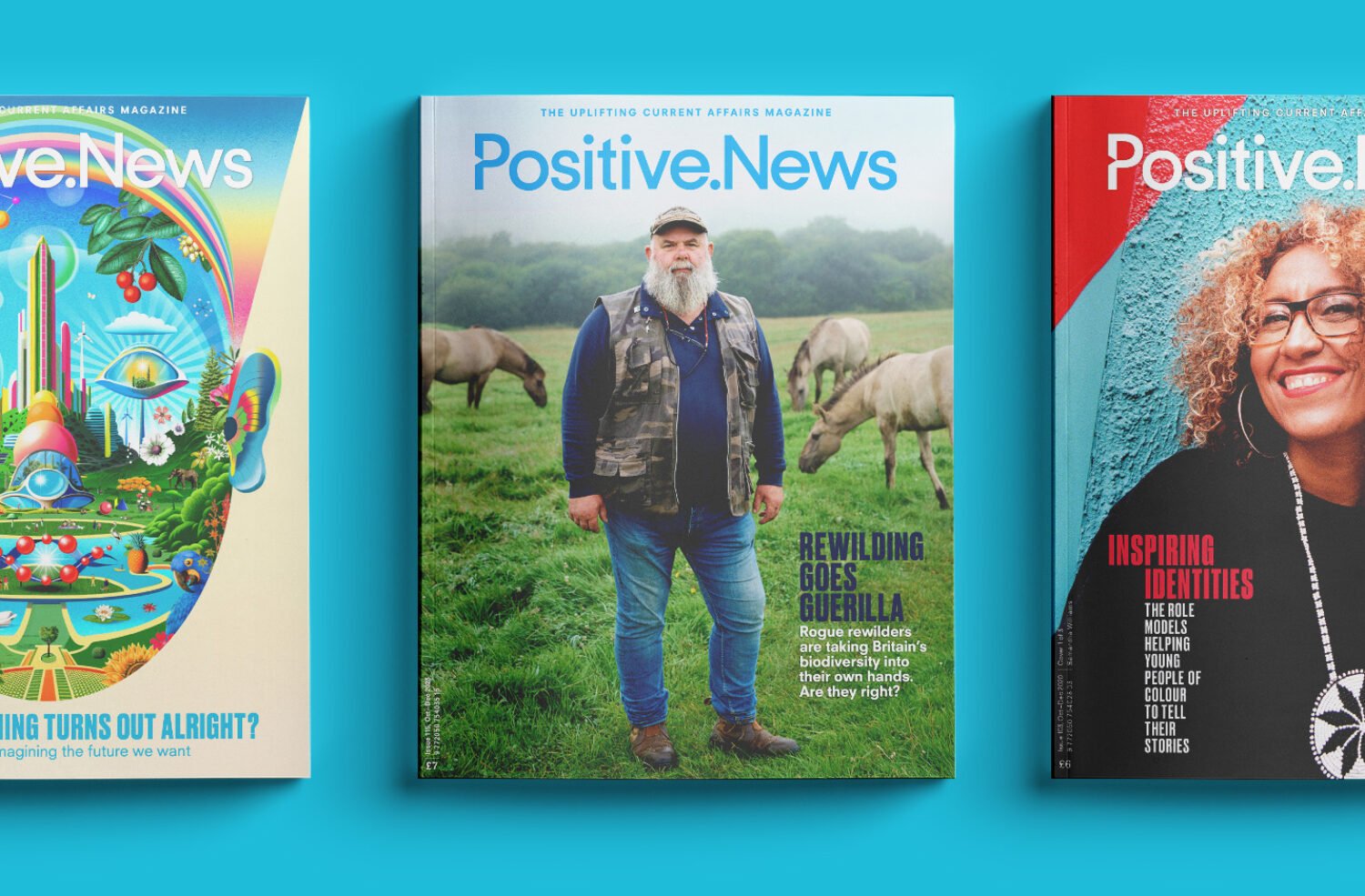Millionaires mooted a wealth tax, class entered the climate debate, and blue whales returned to the Seychelles, plus more good news
This week’s good news roundup

A coterie of British millionaires this week implored the UK government to introduce a wealth tax, amid deteriorating public services and the highest tax burden in generations.
A 2% tax on those with more than £10m could raise £22bn a year for government coffers, according to the activist group Patriotic Millionaires UK. The organisation projected calls for a wealth tax on to the Treasury building in London this week, ahead of the government’s autumn statement.
Phil White, one of its members, said: “We have a potential £423m a week, which is currently absent from national investment revenue, because we don’t tax extreme wealth. For a better Britain our government should prioritise taxing those of us who can most afford it.”
In the end, no such tax was forthcoming in the statement, despite a YouGov poll finding that three-quarters of Brits support one. However, the minimum wage was hiked up to £11.44, a rise of £1. It will come into effect in April.
Image: Patriotic Millionaires UK

An investigation by Oxfam this week revealed that the richest 1% of humanity belched out more emissions in 2019 than the poorest 66%.
This might not sound like good news, but it paves the way for targeted climate solutions. That’s according to prominent French economist Thomas Piketty. In an interview with the Guardian newspaper this week, he said that identifying the class inequality at the heart of the climate crisis could lead to targeted policies aimed at the biggest polluters, averting a backlash from ordinary citizens.
Piketty suggested a “progressive carbon tax” and a ban on private jets, which have become a totem for the uber wealthy. Research suggests that private jets are up to 14 times more polluting than commercial planes per passenger, and 50 times more polluting than trains.
“We have to put class and the studies of inequality between social classes right at the centre of our analyses of environmental challenges in general,” Piketty told the newspaper.
Image: Nils Nedel

As the UN warned that the world is on track to warm by more than 3C without aggressive climate action, there was a slither of good news.
According to modelling by Australian scientists, plants could absorb more of our emissions than previously thought.
“Plants take up a substantial amount of CO2 every year, thereby slowing down the detrimental effects of climate change, but the extent to which they will continue this CO2 uptake into the future has been uncertain,” said lead researcher Dr Jürgen Knauer from Hawkesbury Institute for the Environment, Sydney.
Knauer said that most existing models “ignored the three critical physiological mechanisms associated with photosynthesis” and that his team’s more complex modelling “projected stronger increases of vegetation carbon uptake globally”.
Knauer’s research accounted for factors such as how efficiently CO2 moves through leaves, how plants adjust to temperature changes, and how plants distribute nutrients.
“These are three really important plant response mechanisms that affect a plant’s ability to ‘fix’ carbon, yet they are commonly ignored in most global models,” he said, while stressing the need to urgently reduce emissions.
Image: Andreas Gücklhorn

Science’s gender gap is shrinking. That’s according to an analysis of scientific papers by Stanford University, US.
Its researchers looked at the most cited 5.8m authors across all scientific disciplines. They found that men outnumbered women 3.93 times among those who started publishing before 1992, but only 1.36 times among authors who started publishing after 2011.
Stanford researcher John Ioannidis said: “Our work documents substantial shrinkage over time of the inequalities between men and women in the top echelons of scientific citation impact, but there is substantial room for further improvements in most scientific fields.”
A lack of female representation in science is not only a problem for women. The UN has warned that a lack of gender equality is likely holding back solutions in areas ranging from the climate crisis to health.
Image: Edward Jenner
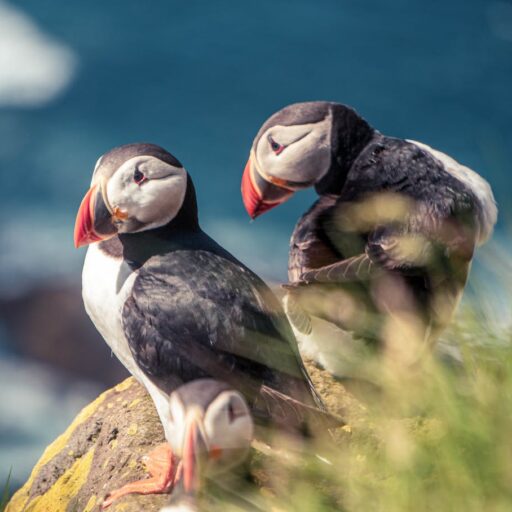
A windswept English island has recorded an extraordinary rise in seabird numbers, it was reported this week.
Populations of puffins, Manx shearwaters and storm petrels have soared on Lundy island thanks to efforts to eradicate rats, which arrived there as stowaways.
According to the Royal Society for the Protection of Birds (RSPB), the shearwater population has soared from about 600 in 2001 to more than 25,000 today. It’s rare good news when it comes to ecology in the UK, one of the world’s most nature-depleted nations.
“If we can restore over 30,000 birds to one small island in the Bristol Channel, just imagine how much could be achieved if everyone came together to restore nature right across the UK,” said Paul St Pierre, a conservation officer for the RSPB.
Image: Brent Olson
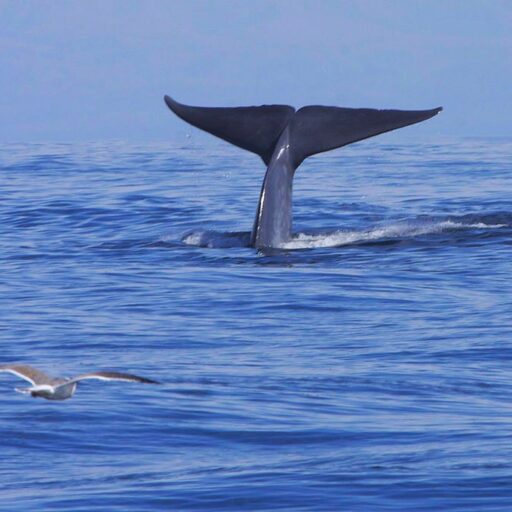
Blue whales have returned to a region of the Indian Ocean, where they were wiped out by commercial whalers.
A year of underwater audio recording revealed that the animals spend months in waters off the coast of the Seychelles.
More than 300,000 blue whales – the world’s largest mammal – were killed in the southern hemisphere before the 1982 moratorium on commercial whaling. The population is only 3% of what it once was but it is slowly recovering.
Researcher Dr Kate Stafford told BBC News: “It turns out if you stop killing animals on mass scales and you give them a chance to rebound, they can recover.”
Image: Gregory ‘Slobirdr’ Smith

For years, European countries have shipped plastic waste overseas for poorer nations to deal with. Not for much longer, after the EU agreed to ban exports of plastic waste to countries outside the OECD group of mostly rich nations.
“The EU will finally assume responsibility for its plastic waste by banning its export to non-OECD countries,” said Pernille Weiss, a Danish member of the European Parliament. “Once again, we follow our vision that waste is a resource when it is properly managed.”
The EU is set to implement a raft of new laws to scale up the circular economy. The waste export ban has yet to be approved by the European Council, and comes as nations meet in Nairobi (pictured) in Kenya to thrash out a global treaty on plastic pollution.
Image: Christina Telep
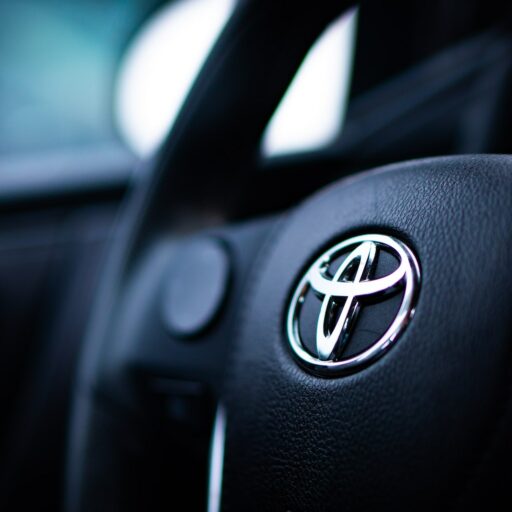
An advert for Toyota’s Hilux SUV has been banned by the UK’s advertising watchdog for promoting driving that disregards its impacts on the environment.
The advert showed dozens of Toyota SUVs driving as a pack through off-road terrain, including rivers. In a first of its kind ruling, the Advertising Standards Authority (ASA) ruled that the ad “had not been prepared with a sense of responsibility to society”.
UK campaign groups Adfree Cities and Badvertising led the complaint against Toyota’s adverts.
“These adverts epitomise Toyota’s total disregard for nature and the climate,” said Veronica Wignall, co-director at Adfree Cities. “More and more SUVs are being sold on a false promise of rugged adventure, exploiting imagery of the natural world. In reality, SUVs are harming nature, polluting our air, clogging up our cities and causing tragic loss of life.”
She added: “This ruling is welcome but regulation of SUV adverts is not enough; the promotion of SUVs should be terminated altogether.”
A spokesperson for Toyota said the firm “does not condone behaviour that is harmful to the environment”, claiming it has been “one of the leaders in the automotive field in terms of carbon emissions reduction”. It added that some people, such as farmers, have a need for off-road vehicles.
Image: Christina Telep

Analysis by the UK consumer group Which? revealed this week that most deals offered on Black Friday are bogus.
The good news is that the international rebellion against Black Friday’s hollow consumerism appears to be growing, not least in the form of Do Nothing Day.
Read more here.
Image: Jose carlos Cerdeno/iStock
Main image: Vladislav Zolotov/iStock
Get your weekly fix of good news delivered to your inbox every Saturday, by signing up to the Positive News email newsletter.
You’re the solution that Positive News needs
Our small, dedicated team is passionate about building a better alternative to the negative news media. And there’s never been a greater urgency to our mission.
But to invest in producing all the solutions journalism that the world is longing for, we need funding. And because we work in your interests – not those of a wealthy media mogul or corporate owner – we’re asking readers like you to get behind our team, by making a regular contribution as a Positive News supporter.
Give once from just £1, or join 1,200+ others who contribute an average of £3 or more per month.
Join our community today, and together, we’ll change the news for good.
